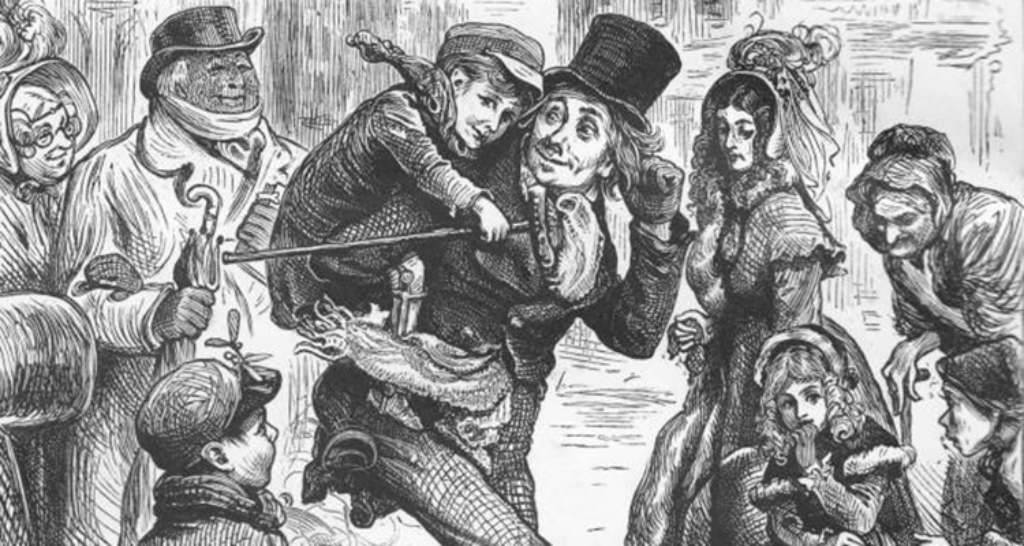
IESE Insight
Social responsibility: would Scrooge really change his ways?
Lack of moral emotions prevents executives with an instrumental view and a belief in fair market ideology from investing in CSR.
What do you believe: Is the business of business to increase profits, as Milton Friedman insisted? Or should management be more broadly concerned with society, which might ultimately benefit business, too?
More to the point, what do executives believe when it comes to corporate social responsibility (CSR) and the bottom line: Do you believe there is a business case for CSR? And do you believe that our market economy system is essentially fair?
If you answered yes to both the last two questions, you have a fairly typical executive mindset, according to research by IESE professor Sebastian Hafenbrädl and Daniel Waeger of Wilfred Laurier University. And these findings have implications on the take-up, or lack of take-up, of CSR initiatives.
Academics and activists have long thought that if executives can be convinced that CSR is beneficial — not just socially but also to a company’s bottom line — they will be quick to embrace and invest in such activities.
It’s hard to conclusively prove the relationship between social good and economic profit, but, as the research shows, executives do generally believe there is a business case for CSR.
So why don’t we live in a more social-minded world?
Hafenbrädl’s research into the intersection between psychology and economics examines the force — system justification — that neutralizes the effect of the belief in the business case.
Is our economic system fair?
CSR, the authors argue, is often less about logic and economics than it is about worldview and ideology.
In a series of tests, they examined executives’ and students’ beliefs regarding the modern economic system, and measured them against their understanding of the business case for CSR and also against CSR decisions.
Studies show that most of us justify and idealize the system, or social arrangements, under which we live, at least to some degree.
Those who view the market economic system as more inevitable or inescapable can be categorized as believing in fair market ideology, i.e., seeing the market economic system as fair, legitimate and justified.
The authors link educational background to fair market ideology. Specifically, they find that educational backgrounds in business, economics and law — common backgrounds among high-level executives — are more likely to have more exposure to the market system, to have less exposure to alternatives, and to be more likely to believe in fair market ideology.
The research findings hinged on this point are intriguing. Since the current business environment has companies striving for economic benefits and, at the same time, producing many CSR initiatives, those who believe in the general fairness of the current system also tend to believe that CSR makes economic sense — yet they aren’t any more likely to engage in meaningful CSR initiatives themselves.
The key to this is found in the psychological justification of the current system, which, ultimately, is motivated by a desire for stability. You see, justifying the status quo has also been shown to reduce the use of both morals and emotions in dealing with business decisions.
Both guilt and moral outrage were shown to take a hit in individuals with high system justification. And it is moral outrage, in particular, that is key for initiatives to help the more disadvantaged.
“It is thus not so much their difficulty believing in the business case, but rather their lack of moral emotions that prevents executives with an instrumental view from investing in CSR,” the authors conclude.
So, where does that leave CSR? Possibly in need of a new marketing campaign.
About the research
A series of four studies were designed to test executives’ and students’ beliefs and CSR engagements. The belief in the business case for CSR was measured using an innovative prediction game. The studies showed how the belief in fair market ideology, belief in the business case for CSR, educational background, moral outrage and CSR engagement were related to each other in complex ways.
